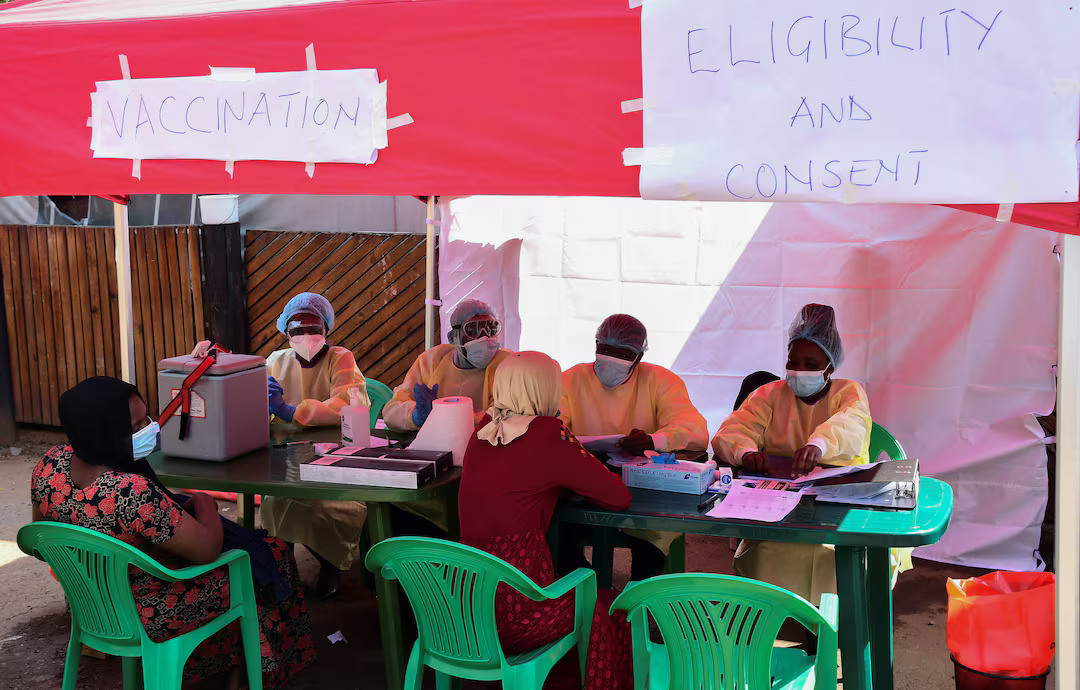Uganda on Monday started the first ever vaccination trial for the Sudan species of the Ebola virus four days after an outbreak was confirmed, the World Health Organization announced.
It is the sixth time Uganda has been hit by an outbreak of the Ebola Sudan virus, for which there is no approved vaccine. Of the five other Ebola species, just one has licensed vaccines.
The deadliest Ebola epidemic killed more than 11,300 people in west Africa between 2013 and 2016.
The UN health agency said it had supported Ugandan health authorities in getting the trial ready in the days following the announcement that a 32-year-old male nurse had died of Ebola in Kampala.
"This vaccination trial was initiated with record speed," WHO chief Tedros Adhanom Ghebreyesus said on X.
He said the trial, launched at a ceremony in Kampala by Uganda's health minister, "demonstrates the importance of investing in R&D for vaccines and treatments and outbreak response preparedness".
A system for candidate vaccines was put in place during a previous outbreak of the Ebola Sudan virus in Uganda in 2022, paving the way for a trial during the next outbreak, the WHO said.
The trial that began Monday is using a candidate vaccine donated by the International AIDS Vaccine Initiative (IAVI), with financial support from WHO and others.
The WHO said Friday the first 2,160 doses of the candidate vaccine were already in the capital Kampala as part of the preparations for another outbreak.
It said those deemed "at highest risk" were eligible to join the trial.
The doses are being used in a "ring" vaccination scheme where first jabs are given to all contacts of confirmed Ebola patients, and contacts of contacts.
The WHO said the first ring defined Monday involved 40 direct contacts and contacts of contacts of the health worker who died.
"This is a critical achievement towards better pandemic preparedness, and saving lives when outbreaks occur," Tedros said in Monday's statement.
"WHO will continue supporting the government in a comprehensive response to bring the outbreak under control."
Human-to-human transmission of Ebola happens through body fluids, with the main symptoms being fever, vomiting, bleeding and diarrhoea.
People who are infected do not become contagious until symptoms appear, which is after an incubation period of between two and 21 days.
Of eight previous outbreaks of the Ebola Sudan virus, five have been in Uganda and three in Sudan.
The DR Congo has had more than a dozen Ebola epidemics, the deadliest claiming the lives of 2,280 people in 2020.























































